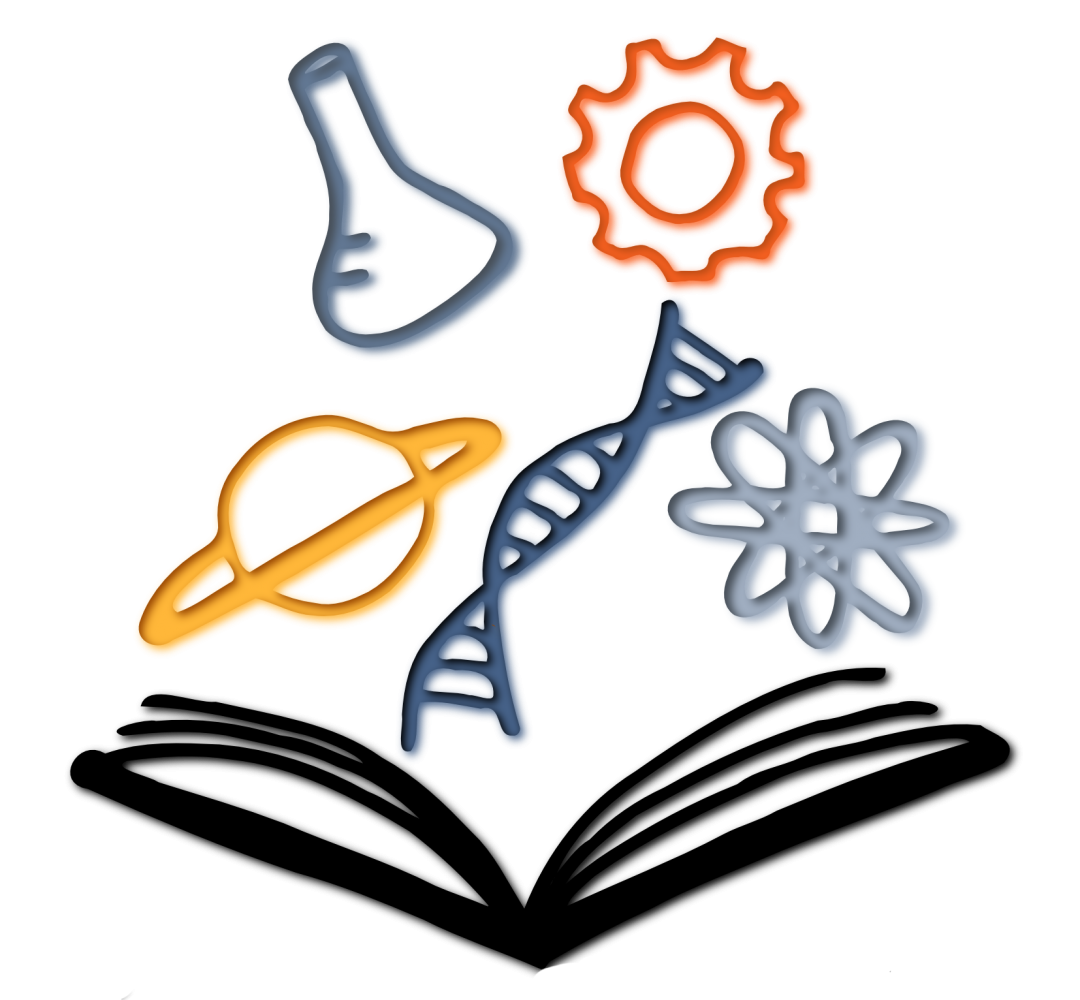Recently replaced a small VMware cluster with it after a long testing period. Its working well generally. We have a couple of layers of PBS and the storage backend is varied. Some hardware raid some zfs. No major complaints so far with stability or performance
- 2 Posts
- 7 Comments

 3·29 days ago
3·29 days agoOn the other hand profile management and switching has been greatly improved, a long overdue feature vs chrome

 611·2 months ago
611·2 months agoSummary, Patients will be able to get immunotherapy in the form of a vaccine called nivolumab in just 15 minutes, as opposed to an hour on an IV drip. England becomes the first country in Europe to offer it, with approximately 1,200 people receiving it each month for 15 different types of cancer, including skin, bladder, and oesophageal cancer. The medicine is a monoclonal antibody that attaches to a protein called PD-1 on a type of immune cell known as a T cell. It works by preventing cancer cells from deactivating T-cells, allowing the immune system to target and eliminate cancer cells.

 2·3 months ago
2·3 months agoFrom the interview: The main takeaway is that humans are special, but so are birds and reptiles. So our brains are amazing, but bird brains are even as amazing. We have neurons other species do not have. But the chicken, even the chicken, they do have neurons that we don’t have. So evolution has found so many different ways to generate complex brains, not just only one direct pathway from amphibians to humans. In this case, the tree of intelligence is a tree. It’s not just a single branch.

 16·3 months ago
16·3 months agoOur boy won’t talk to humans. He has appointed the girl as his spokescat and will headbutt her till she gets human attention. If she is sleeping elsewhere he gets quite confused how to ask for food. Why can’t they just read my ears then??!

 1·8 months ago
1·8 months agoSome points from the article:
Most scientific papers are incremental and rarely make headlines, with only a few results reaching the public. To assess scientific news, consider the timeline. Significant findings often build on years of research and also the scope, since broader claims usually lack robust support. Patience is essential - scientific conclusions are built via debate and scrutiny and evolve. While some science is just too incomplete to reach firm conclusions yet. The evidence is still accumulating. Like claims about the small-brained human relative Homo naledi. Did they make art, use fire, and bury their dead as claimed? Probably, but it’s too soon to say for sure.
Examples from the article include the South Pole telescope finding primordial waves from the earliest moments of the Big Bang - which sadly was just local dust. Also the phosphine in the Venusian atmosphere which the discoverers proposed came from some form of exotic life floating in the cloud tops. That was just flawed methodology.
Exciting research is often incorrect due to speculative ideas or over-narrow parameters. But speculation is needed. “if we knew the answers ahead of time, we wouldn’t need to do science”. Scientists also face pressure to publish high-impact results. That can lead to exaggerated findings or even fraud. Additionally, media sensationalism can distort scientific reporting. Trust in science has declined as contradictory claims in the media promote doubt about the scientific method. Some discoveries, like gravitational waves, are compelling and well-founded, but most intriguing results need caution.


That’s truly sad to hear. Hopefully it will improve as Filipino culture becomes better known worldwide.